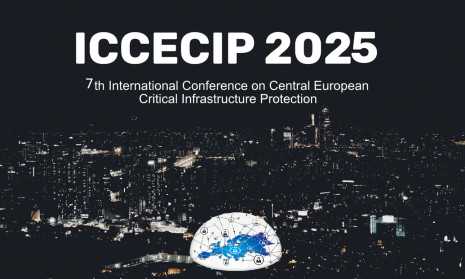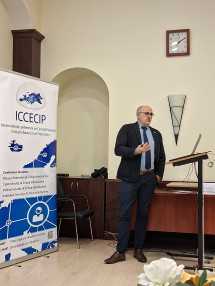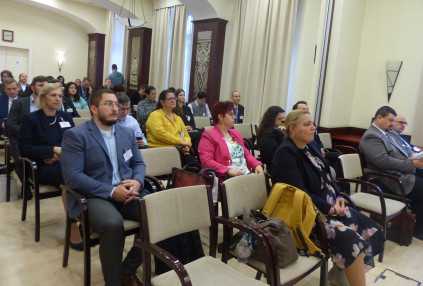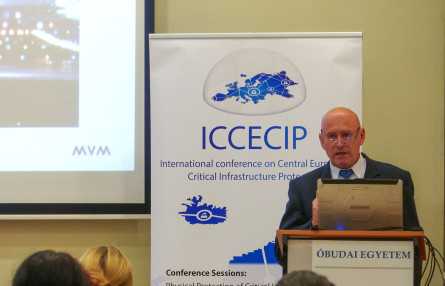Artificial Intelligence and quantum protection for the security of the future
ICCECIP 2025 Conference in international focus
Text: Ministry of Defence | 12:46 November 21, 2025On 13–14 November, the Óbuda University Bánki Donát Faculty of Mechanical and Safety Engineering hosted the 7th International Conference on Central European Critical Infrastructure Protection (ICCECIP).
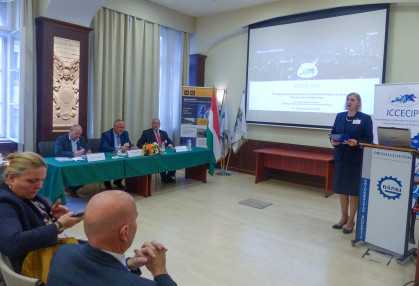
This year, too, the scientific event held already for the 7th time in Budapest attracted a lot of domestic and international interest, which further strengthened the key role of the university as a scientific centre of critical infrastructure protection. The motto of the event – Advanced Technologies for the Critical Infrastructure Protection – signaled in advance that the conference will focus on security technology solutions of the future, Artificial Intelligence (AI), quantum technologies and interdisciplinary approaches.
The chief patron of the conference was MoD Deputy State Secretary for Force Development and Defence Policy Dr. Zsolt Kutnyánszky. The event was opened by the chairwoman of the conference, Prof. Dr. Anna Tünde Kovács.
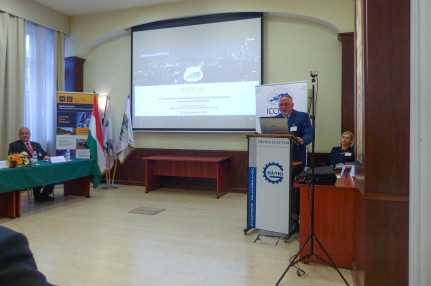
In his welcome address, Dean of the Faculty Dr. habil. Tibor Farkas emphasized that today, ICCECIP has become one of the most important international scientific events at the Bánki Faculty, which harmonizes and advances security technology research in the region.
The first plenary lecture of the program was delivered by the representatives of Hungarian power company MVM, the main sponsor of the conference. The topics the plenary lectures presented to the professional audience included several new directions from current challenges to the cyber security of energy networks to human-centered threats of digital manipulation and grooming to the use of quantum-proof communication and authentication. The presentations laid special emphasis on the necessity of regional cooperation and the new approaches to security.
Featuring altogether seven plenary lectures and 72 section presentations, the ICCECIP 2025 was organized in cooperation with 14 partner universities. Besides Hungary, the researchers attending the conference came from Serbia, Romania, Poland, Bosnia and Herzegovina, North Macedonia, Albania, France, Türkiye and Morocco.
